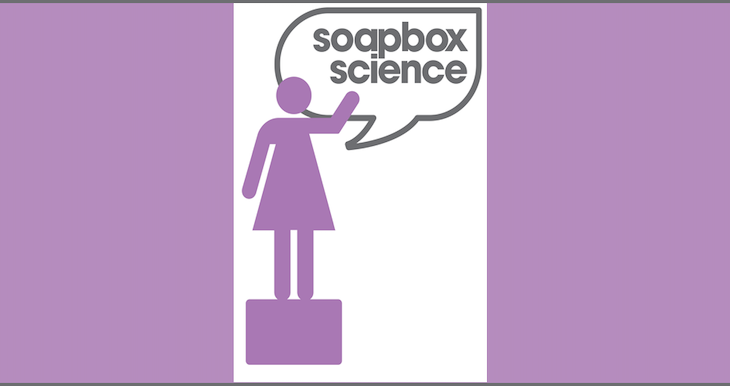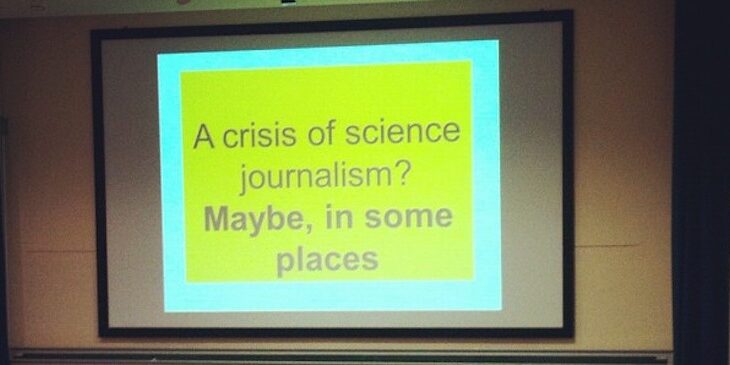
Rebecca Dang, guest contributor Science, technology, engineering, and mathematics (STEM) have a gender diversity issue. The professional pipeline, stretching from high school and undergraduate university through graduate school to post-doctoral fellowships and positions in academia, leaks. Especially at the early career stage, a higher proportion of women (cis gender, transgender, asexual, heterosexual, bisexual, lesbian, […]







